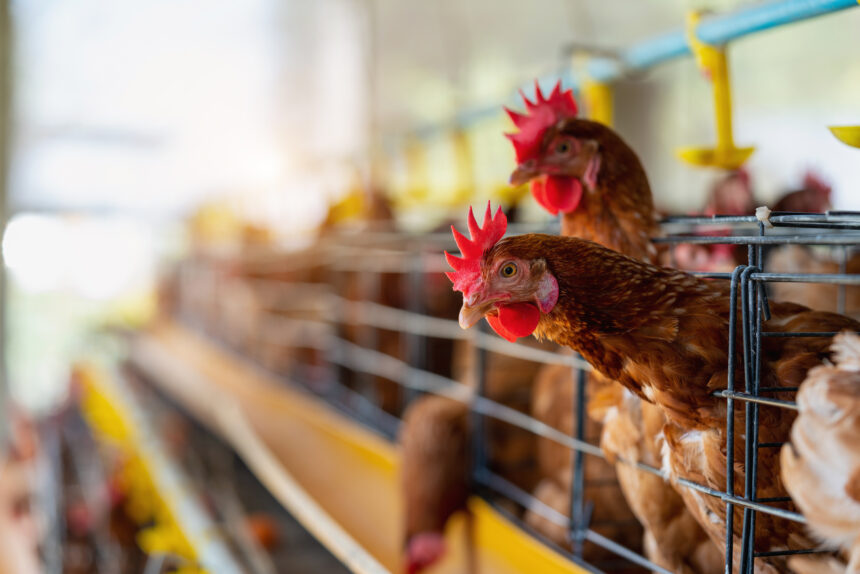Chicken farming, whether for meat or eggs, can be a rewarding and profitable venture. However, it requires careful planning and consideration to ensure success. Before diving into chicken farming, here are ten crucial factors you must consider:
- Knowledge and Experience: Acquire the necessary knowledge and experience in chicken farming. Familiarize yourself with the different breeds, their specific requirements, and the best farming practices. Attend workshops, training programs, or seek guidance from experienced poultry farmers to gain practical insights.
- Market Demand and Research: Evaluate the market demand for chicken products in your area. Research local and regional markets, identify potential customers, and understand their preferences. Assess the competition, pricing trends, and distribution channels. Conducting thorough market research will help you make informed decisions and maximize profitability.
- Farming Scale: Determine the scale of your chicken farming operation. Decide whether you will start with a small-scale backyard setup or a larger commercial farm. Consider your available resources, infrastructure, and budget when determining the scale of your operation.
- Capital Investment: Assess the financial requirements of starting a chicken farm. Consider the costs of purchasing or constructing housing structures, acquiring chicks or hatching eggs, feed and supplements, equipment, and ongoing operational expenses. Create a comprehensive budget and ensure you have adequate funds to sustain the farm until profitability is achieved.
- Housing and Infrastructure: Design suitable housing and infrastructure for your chickens. Ensure the housing provides adequate space, ventilation, and protection from predators and extreme weather conditions. Install necessary equipment such as feeders, drinkers, and lighting systems to create a conducive environment for the birds.
- Biosecurity Measures: Implement strict biosecurity measures to prevent the outbreak and spread of diseases. Develop a biosecurity plan that includes quarantine protocols, vaccination schedules, pest control measures, and proper waste management practices. Regularly monitor and maintain hygiene within the farm premises.
- Feed and Nutrition: Understand the nutritional requirements of your chickens. Ensure a consistent and balanced diet that meets their specific needs for growth, egg production, or meat quality. Establish reliable sources of high-quality feed and develop a feeding regime that promotes optimal health and productivity.
- Veterinary Care and Health Management: Establish a relationship with a poultry veterinarian who can provide regular check-ups, vaccinations, and guidance on disease prevention and treatment. Familiarize yourself with common poultry diseases, their symptoms, and appropriate management practices. Promptly address any health issues to prevent significant losses.
- Labor and Management: Consider the labor requirements for your chicken farming operation. Determine whether you can manage the tasks independently or if you need to hire additional staff. Assess the skills and expertise needed to handle daily operations, including feeding, cleaning, and record-keeping. Efficient management practices are essential for the smooth functioning of the farm.
- Regulations and Legal Compliance: Research and comply with the local regulations and legal requirements related to chicken farming. Obtain necessary permits, licenses, and certifications as mandated by the authorities. Familiarize yourself with animal welfare regulations, zoning restrictions, and environmental standards to ensure your farm operates within the legal framework.
Starting a chicken farm can be a fulfilling and profitable venture if approached with careful planning and consideration. By addressing these ten key factors, you can lay a strong foundation for a successful chicken farming operation. Remember to continually educate yourself, adapt to industry trends, and seek guidance from experienced poultry farmers to navigate the challenges and maximize the potential of your chicken farm.
Join 'Farmers Mag' WhatsApp Channel
Get the latest Farming news and tips delivered straight to your WhatsApp
CLICK HERE TO JOIN






